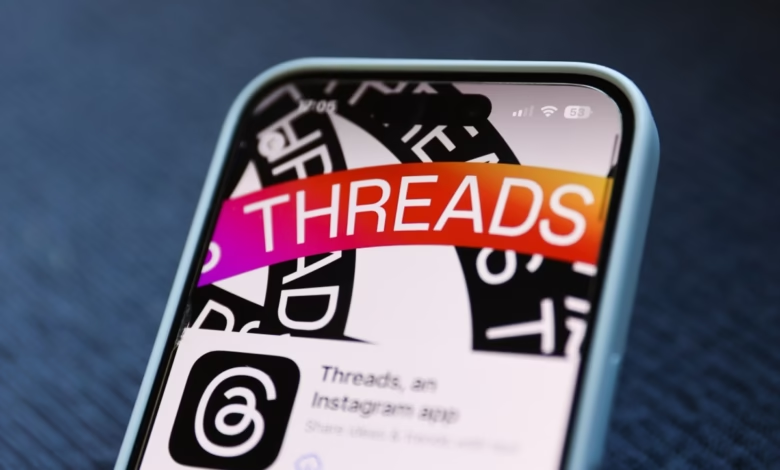Threads’ DMs Spark Mixed Reactions

▼ Summary
– Instagram Threads introduced direct messages (DMs), its most-requested feature, but faced backlash from users, particularly women, over harassment concerns.
– Many Threads users appreciated the absence of DMs previously, with some calling the feature unnecessary and citing harassment risks.
– Users expressed frustration over the inability to opt out of DMs, with some referencing polls showing opposition to the feature.
– Concerns about DMs include potential harassment, spam, and unwanted outreach, though the feature restricts DMs to followers unless blocked.
– Meta’s decision to add DMs disrupted Threads’ culture, as users may follow strangers for public content but prefer private distance.
Threads’ new direct messaging feature has ignited a heated debate among users, particularly women who argue the platform needs stronger privacy controls. The recently launched DM capability, marketed as one of the most requested additions, is facing unexpected criticism over harassment concerns and the inability to disable the function entirely.
While private messaging exists across most social platforms, many Threads users initially appreciated its absence. The introduction has sparked frustration, with numerous posts highlighting how this change creates new avenues for unwanted contact. “How do I turn this off? Asking for every woman who doesn’t want another inbox full of harassment,” one user wrote. Others echoed similar sentiments, calling the feature unnecessary or even dangerous.
Instagram head Adam Mosseri’s announcement post was flooded with replies questioning the decision. Some referenced polls showing strong opposition to DMs, while others demanded an opt-out toggle, something currently unavailable. Though Meta designed the system to restrict DMs to mutual followers, critics argue this doesn’t address the core issue. Following someone for their public content doesn’t automatically mean welcoming private interactions, especially from strangers.
Beyond harassment, concerns about spam and bot messages have also surfaced. While unfollowing or blocking users cuts off DM access, these solutions feel reactive rather than preventive. The backlash highlights a recurring challenge for growing platforms: introducing features after community norms are established can disrupt user experience. Without granular controls, people feel forced into interactions they never wanted.
Meta likely assumed linking DMs to followers would strike a balance, but the outcry suggests otherwise. Public platforms thrive on curated visibility, and private messaging blurs those boundaries in ways not everyone welcomes. For now, Threads users seeking a DM-free experience have limited options, a gap that may push Meta to reconsider its approach as feedback mounts.
(Source: TechCrunch)





